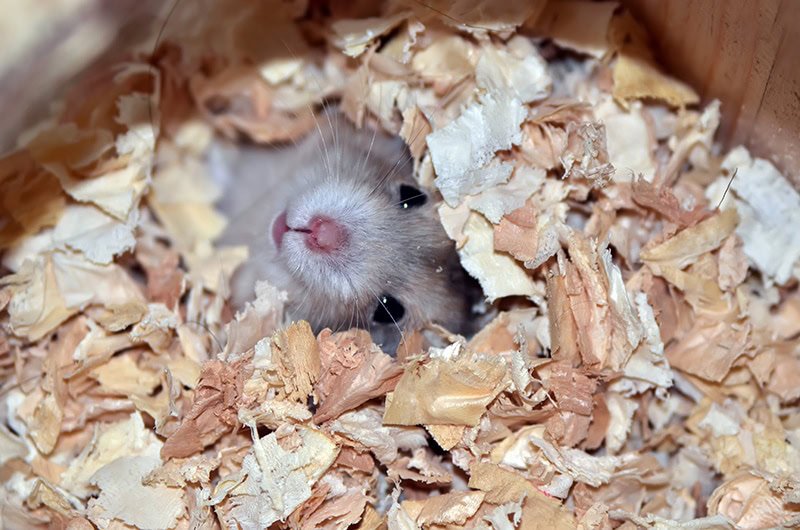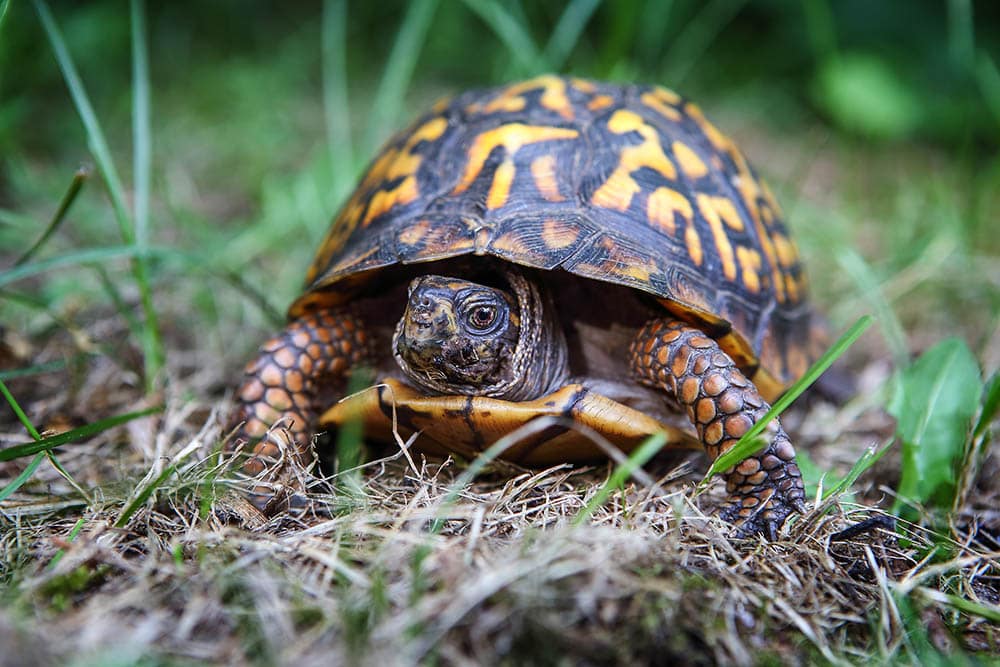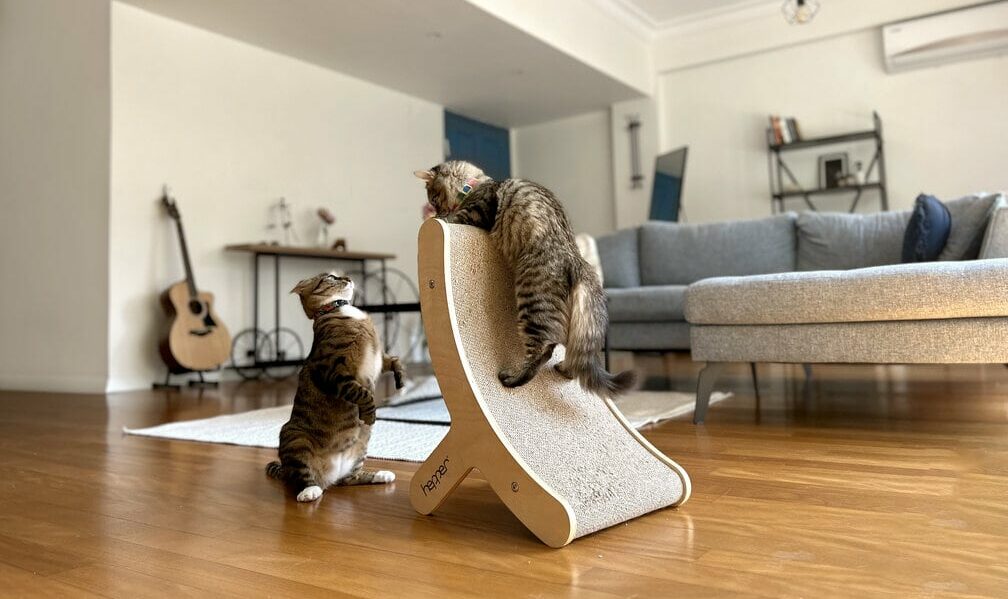VET APPROVED

The information is current and up-to-date in accordance with the latest veterinarian research.
Learn more »Click to Skip Ahead
Hamsters are typically solitary animals and don’t often tolerate the company of their own kind. However, they may be housed together if you mix the right species and provide a proper introductory period at the right age. If you have more than one hamster living together, you might be curious about what will happen when one of them dies. Will your living hamster(s) mourn for their lost companions?
Hamsters can definitely miss their cage mates when they pass away, but they will not grieve in the same way sociable animals like guinea pigs would. Keep reading to learn more about housing hamsters in pairs and the grieving process they may go through when their cage mate passes away.

Do Hamsters Know When Another Hamster Dies?
You’re probably wondering if your living hamster will succumb to loneliness after losing its cage mate. This is extremely unlikely considering their nature. Hamsters are solitary creatures in nature, and most prefer living alone, so while your living hamster may undergo an adjustment period after the death of its cage mate, it is not likely to suffer deeply or pass away due to loneliness.
During this transitional period, we recommend watching your hamster for signs of lethargy, making sure it’s eating enough, and providing extra toys or play time.
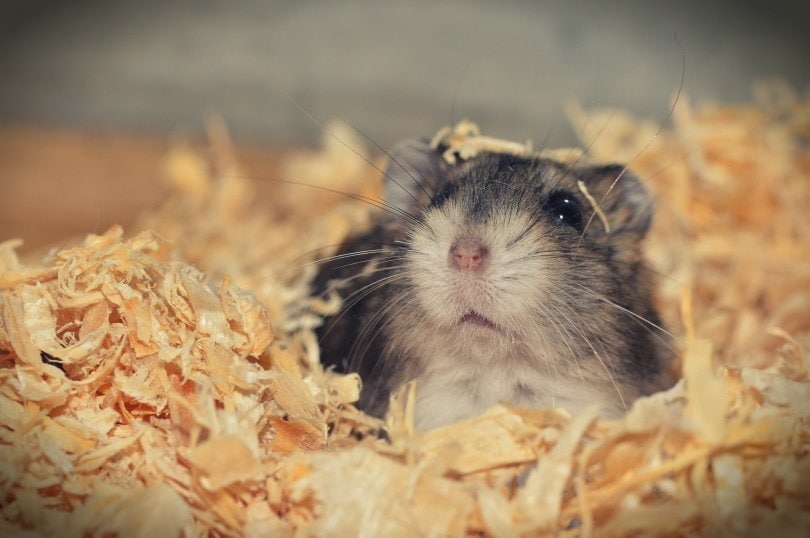
Can Loneliness Kill a Hamster?
You’re probably wondering if your living hamster will succumb to loneliness after losing its cage mate. This is highly unlikely. Hamsters are pretty solitary creatures in nature, and most prefer living alone, so while your living hamster may undergo an adjustment period after the death of its cage mate, it is not likely to pass away due to loneliness.
To help ease the transitionary period, we recommend spoiling your hamster. Buy it new toys and spend extra time playing with it. Watch for signs of lethargy and make sure it’s eating enough.
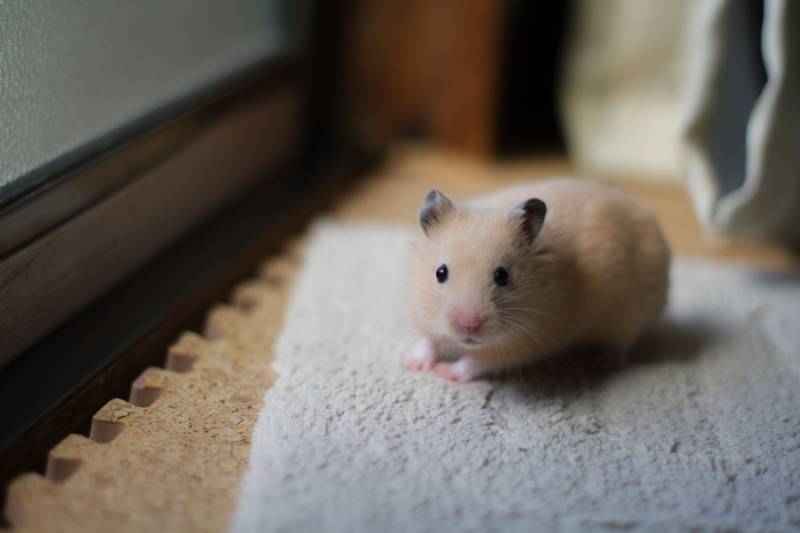
Should I Get My Remaining Hamster a New Cage Mate?
It is highly unlikely that your living hamster will show any signs of sadness and loneliness after its cage mate passes away. You might think that getting another hamster could be beneficial for your living hamster, but this is generally not a good idea. The delicate equilibrium that existed in the environment your hamsters shared will be upset by the loss of one pet. Putting a new hamster into the cage will likely only cause problems. We recommend checking with your veterinarian before making this type of decision.
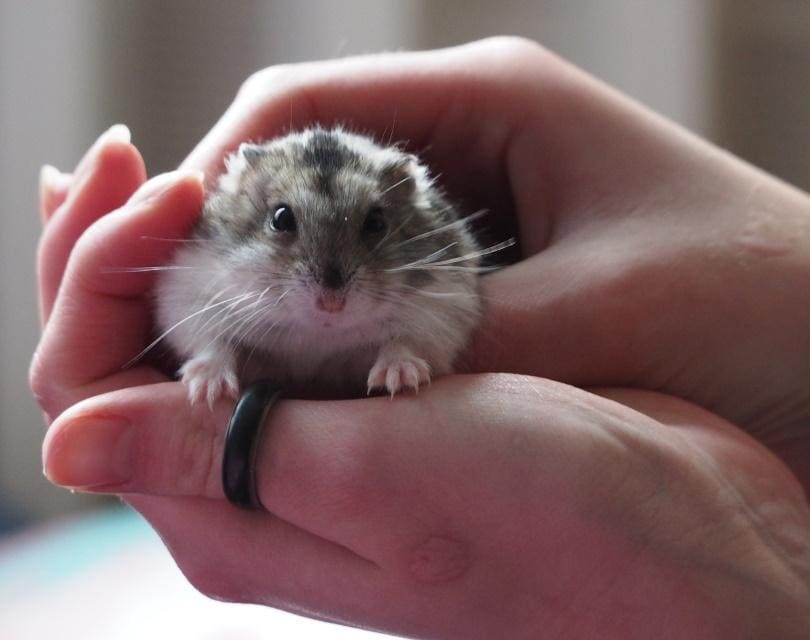
Do Hamsters Need to Be Kept in Pairs?
No, hamsters don’t need to be housed with other hamsters. They aren’t like guinea pigs, which must be kept in pairs or groups. In fact, certain species shouldn’t be housed together at all. For example, Syrian and Chinese hamsters aren’t naturally sociable species and do better when they’re kept alone. In addition, housing two incompatible species together can lead to territorial behaviors and fights. Hamsters can even get aggressive enough to kill one another.
That said, some types, like dwarf hamsters, can be housed together safely, provided they are introduced to one another at a young age.
Summary
Bonded hamsters are a rare occurrence. If you have two hamsters housed together, you may notice some behavioral changes in your living pet when its cage mate passes away. Your remaining hamster will likely adjust to the changes in its environment quite quickly. While it might sound like a good idea to buy another hamster to keep your living pet company, this is not recommended, as it can cause fights and territorial behavior.
Featured Image Credit: Werner Sigg, Shutterstock
